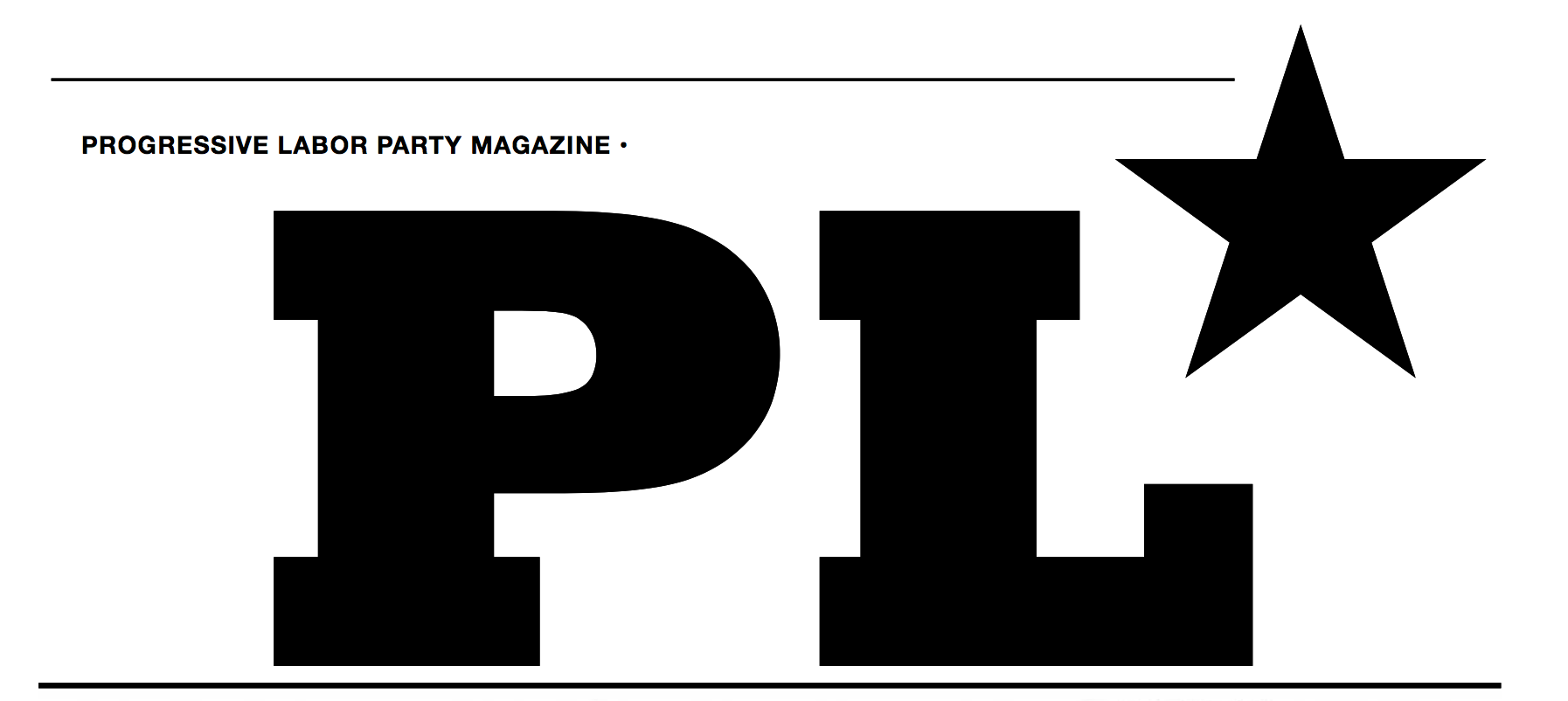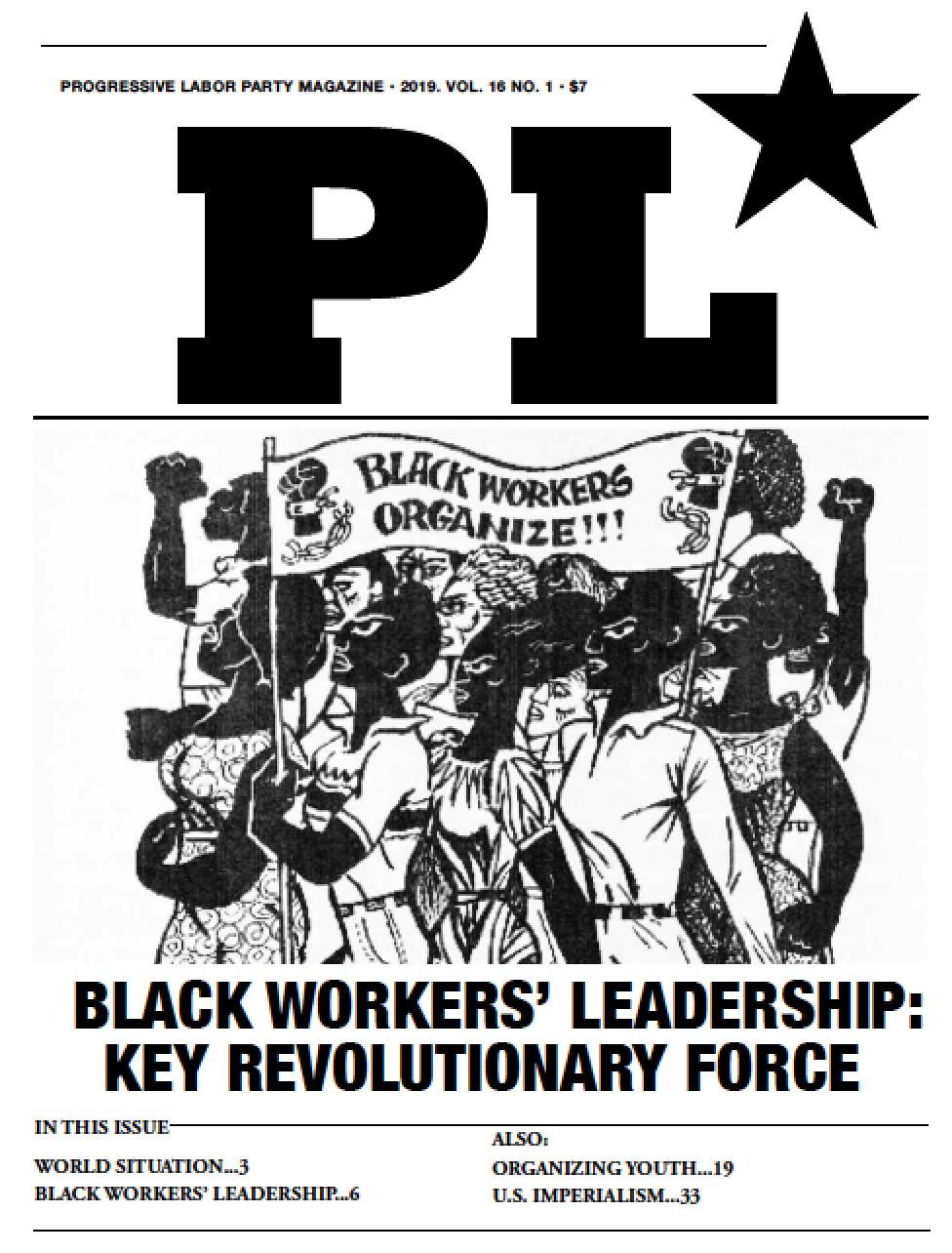Japan: Capitalism Can’t Solve Its Nuclear Problem
 Wednesday, August 1, 2012 at 5:18PM
Wednesday, August 1, 2012 at 5:18PM The vast amount of energy that is wasted in pursuit of maximum profits for capitalist corporations is the source of Japan’s energy problems. The fossil fuel burnt to enhance automotive industry wealth, the electric power consumed in neon signs, electric vending machines, and advertising in all its forms are unfortunately, not what is being emphasized by spokespersons for a growing anti-government movement in Japan.
On July 16, as many as 170,000 protesters gathered in central Tokyo to demand an end to nuclear power and to protest the government’s recent decision to resume nuclear power plant operations after a two-month total shutdown for a phony safety check. Pointing to a complete lack of meaningful progress in restoring disaster victims’ livelihoods and in decontamination of polluted areas, the demonstrators demanded the resignation of ineffectual prime minister Noda and his New Democratic Party administration.
The mass movement against the use of nuclear power is growing in Japan in the wake of the nuclear disaster brought on by the earthquakes and tsunami in March 2011. The movement is well on its way to gathering 10 million signatures on a petition calling for the abolition of nuclear power. The working class in Japan knows it cannot trust government bureaucrats or their capitalist masters to safeguard public safety. Many working people know Tokyo Electric Power Company has used gangsters (sokaiya) to intimidate protestors in the past. We in PLP also know that to solve a capitalist created energy crisis, a communist revolution is necessary.
As victims of the great U.S. war crime, the use of A-bombs in Hiroshima and Nagasaki, the workers in Japan understand the horrors of radiation poisoning.
The growing movement reflects a national mood in favor of sweeping social change — a new way of life. Anti-capitalist sentiment is growing, but much like the Occupy movement in the U.S., it lacks the type of clear direction that could be given by a revolutionary communist party.
Japan has been suffering from post-bubble economic stagnation and mass unemployment for more than 20 years. Of course, the U.S. and Europe are heading down the same path after their asset-bubble economy burst.
The old Japan Communist Party gave up the fight for communism long ago. Instead it mounts electoral campaigns promising, in effect, that if only good, intelligent people, like their candidates, were given the reins of power, then the system could work with a few “scientific-socialist” modifications. The old Socialist Party that once led militant trade union struggles is now defunct. A handful of opportunist quasi-Trotskyite (fake leftists) groups only add to the confusion about Marxism-Leninism.
Of course this general situation is not unique to Japan. There are no shortcuts in the fight for communism — for real revolution. Communism is where workers control production for their needs. The capitalist class is resilient and flexible enough to withstand movements based on misleading slogans like “We are the 99%.”
In Japan like everywhere else, substituting one bourgeois party for another, building one reform movement after another that ignores the control the bosses have over economic resources — the underlying cause of unemployment and pollution — leaves capitalist bosses in power. Workers worldwide will learn this. It is up to us in PLP to help bring this about sooner rather than later.





 Progressive Labor Party (PLP) fights to destroy capitalism and the dictatorship of the capitalist class. We organize workers, soldiers and youth into a revolutionary movement for communism.
Progressive Labor Party (PLP) fights to destroy capitalism and the dictatorship of the capitalist class. We organize workers, soldiers and youth into a revolutionary movement for communism.




Reader Comments